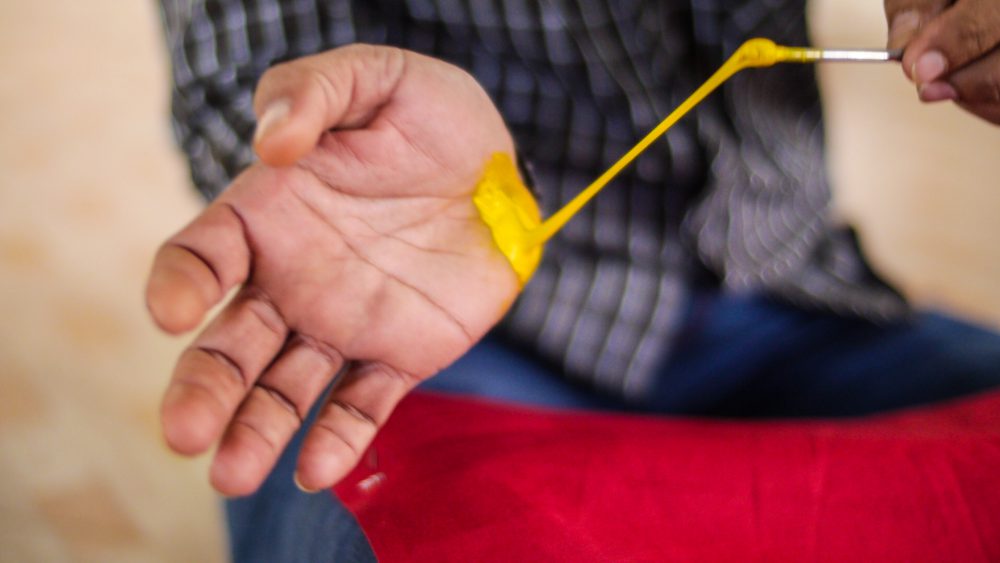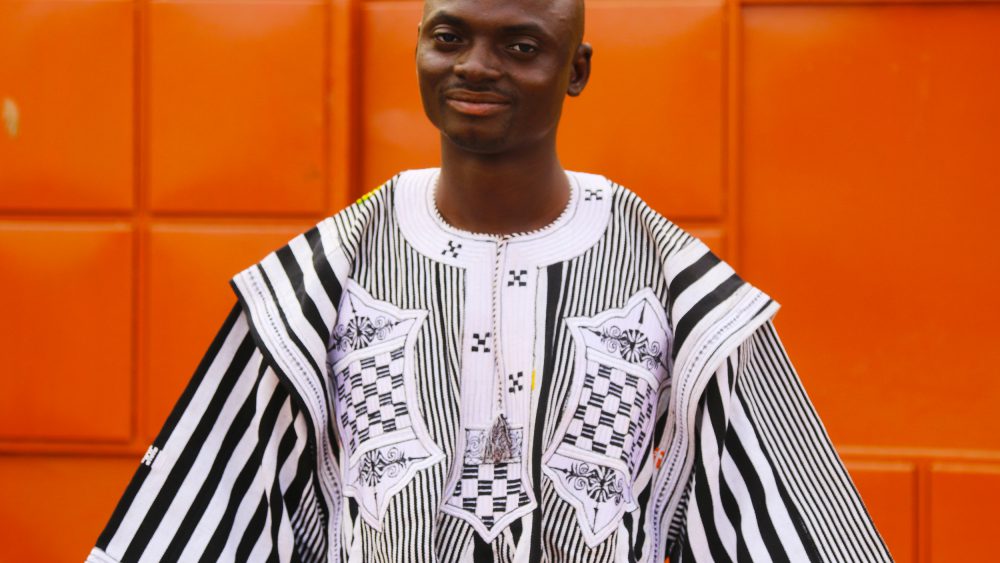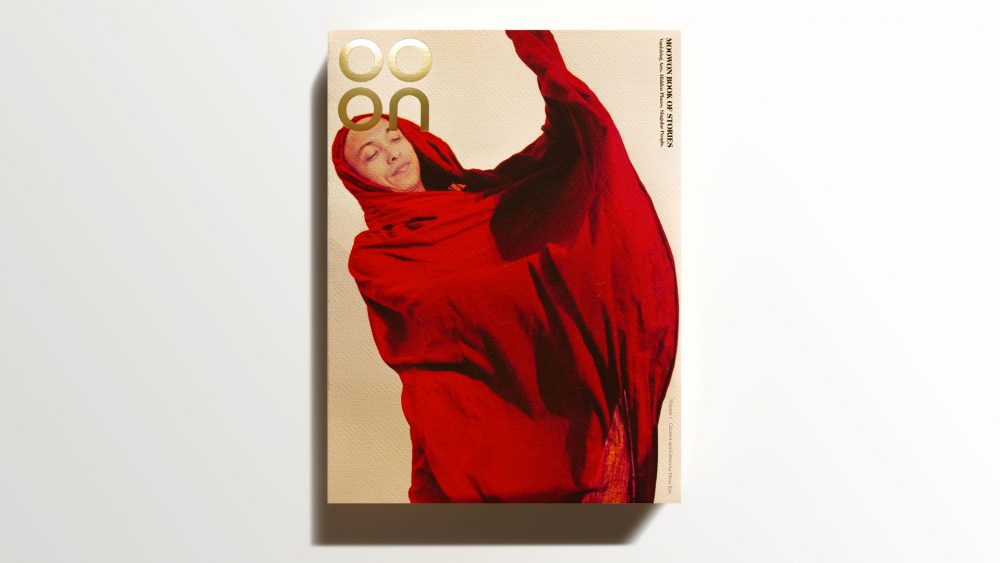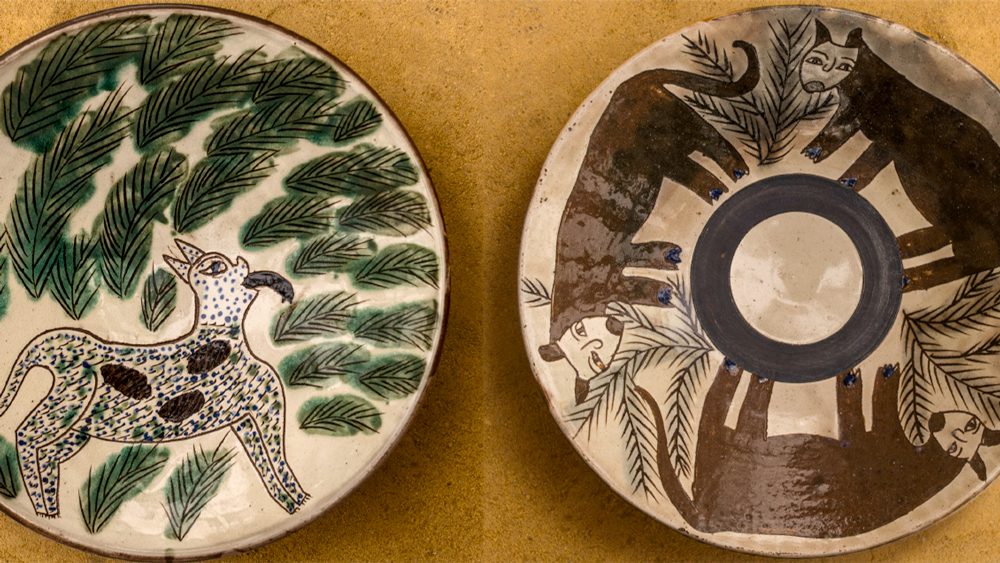MOOWON: "Oneness": how do you define it, and how does it contextualize The Global Oneness Project?
Emmanuel Vaughan-Lee: At the center of everything, there is a wholeness that encompasses all forms of life, people, and ways of being. I was raised as a Sufi with this understanding. Traditionally Sufism is a mystical path within Islam, although the specific Sufi tradition I practice is non-Islamic. Part of the mystical path or journey is about discovering and understanding the mystery of that wholeness within one's relationship with the divine, which shapes how you experience and relate to the world.
Everything is God. Everything is connected. Everything is one. The world is often perceived as separate, yet the mystics and certain ancient traditions believe it is not. By seeking to understand this, you break down the division between yourself and the world around you.
This is the context in which I was raised, and "oneness" is the backbone of many spiritual and religious traditions and philosophies. Yet, I was always interested in what "oneness" meant beyond the spiritual realm. To me, it is not just what we perceive as spiritual. It is physical and tangible, what I consider as "interconnectedness." This is a practical realization that many people have discovered—from James Lovelock and his Gaia theory to Alexander Von Humboldt and his belief in the Earth as a living organism and as a whole back in the 18th century.
Much of The Global Oneness Project has been about exploring those ideas, the tangible expressions of oneness. It also emphasizes the importance of cultural preservation as a way to reveal the importance of a global worldview. Much of the world holds the view that we are all separate, with our own cultures, individual societies, etc. There is truth in that but if you peel back the layers, there are connections on multiple levels—be they evolutionary, historical, cultural or ecological.
Yet "oneness" does not contradict diversity. It is diversity that makes it alive–the many parts that form the whole. In most indigenous traditions, that was the basic tenet of their worldview. Yet it is only now that we are recognizing that on a more global scale.
(FILM BELOW)
Yukon Kings, directed by Emmanuel Vaughan-Lee
for The Global Oneness Project,
follows a Yup'ik fisherman Ray Waska as he teaches his
grandchildren how to fish during the summer salmon run.
Set in the remote Alaskan Yukon Delta, the short film addresses
the importance of transmission of traditional knowledge
against the backdrop of environmental and cultural forces
that threaten a subsistent way of life.
( Duration: 7 minutes )
MOOWON: What is the genesis and mission of The Global Oneness Project?
Emmanuel: It was born out of my interest in exploring stories that were rooted in spiritual values, and what these values might look like if they were actually applied to the real world. There are great ideas and rhetoric about what we should and should not do, but what happens in terms of their concrete manifestations? If we were talking about one world and an interconnected world based on spiritual values, what are the realities of people who try to live these values in real life and in their local and global communities?
Initially it was a simple, low-budget approach. We traveled around the world to interview thought and spiritual leaders such as the H.H. the Karmapa and Tenzin Palmo in India. Then we branched out into people doing more action-based work in the world and telling stories about that. We shared those interviews and short films online, and quickly built an audience. I realized early on that there is a hunger for stories told by real people around the world about what was going on from a human perspective and a desire to explore these ideas in a tangible way beyond the rhetoric.
In addition to those stories being of value to audiences around the world in a passive capacity, we found there was real need from the educational community who were using these stories in both traditional and non-traditional educational settings, especially for high-school to adult-level education. So we started to create companion materials free-of-charge to go with the stories that we were producing to spark conversation and to incite deepened understanding of human issues. In time, this extensive library of content that we had built up grew into a larger online platform with a global audience. And our content started being distributed by mainstream outlets such as The New York Times, National Geographic, PBS, The New Yorker, The Atlantic, The Smithsonian and others.
Our primary mission is to create an experience through authentic storytelling that will spark a meaningful exchange in settings such as educational communities, and to explore universal values and interconnectedness behind ideas.
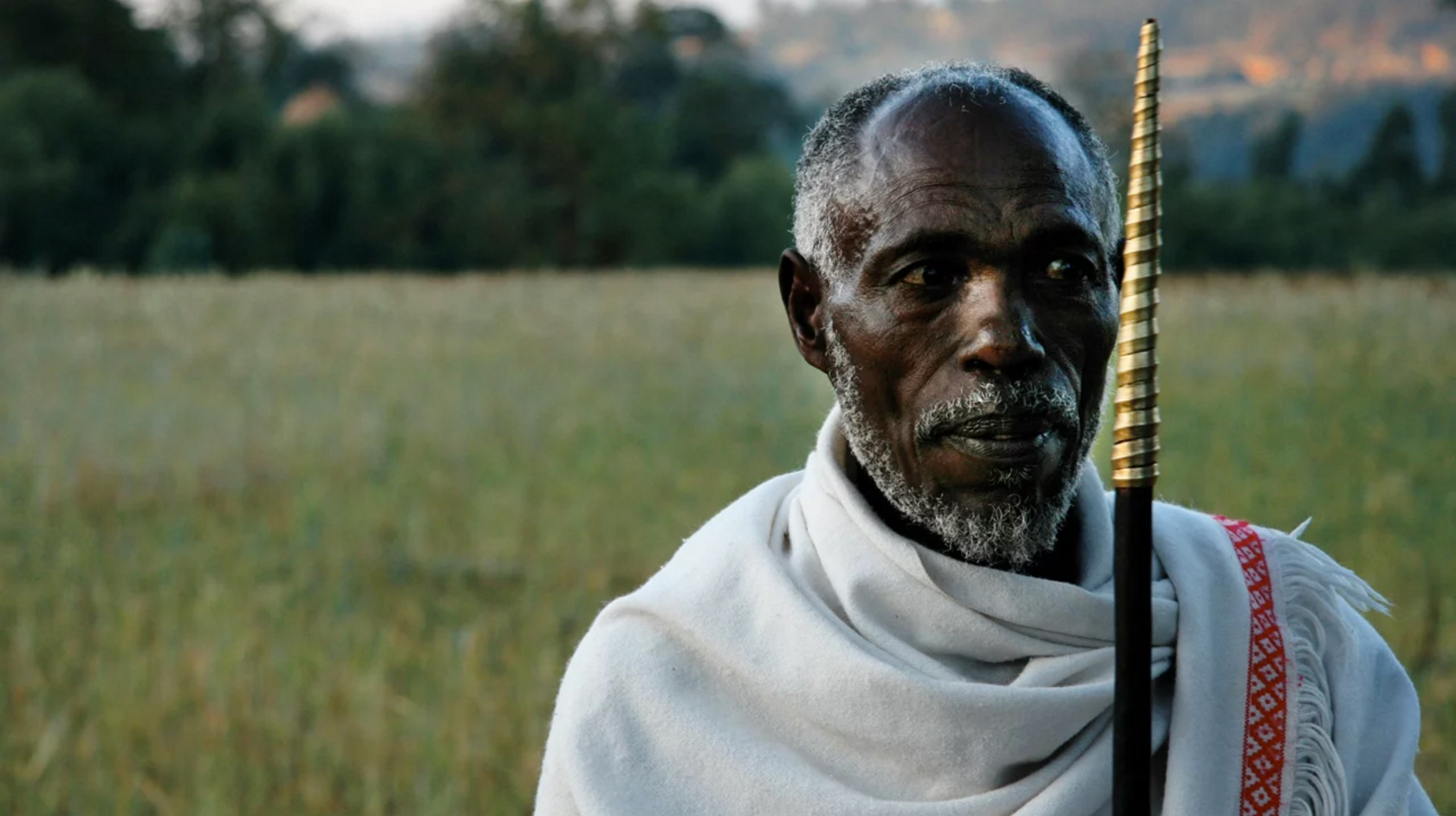
Still frame from film A Thousand Suns by Emmanuel Vaughan-Lee
MOOWON: Technology has created a major shift in paradigm for how we learn. And in retrospect, education during my youth felt very isolated. As a filmmaker and founder of a platform that lies at the intersection of technology, community and education, what are your key concerns?
Emmanuel: Our tagline is "Bringing the World to Your Classroom." We live in a global society yet many of us, especially in educational settings, still remain isolated in how we perceive and relate to the world. And just getting that larger sense of identity changes how we relate in the global sphere. So providing the tools that can help us connect on a human level and making complex ideas accessible through human experiences, are important criteria for me as a storyteller.
For example, climate change is an all-encompassing problem that is overwhelming, especially for the younger generations. But I observed that if you find ways to condense it down and tell it in a human and emotionallly accessible way, it becomes something they can relate to, absorb, and digest.
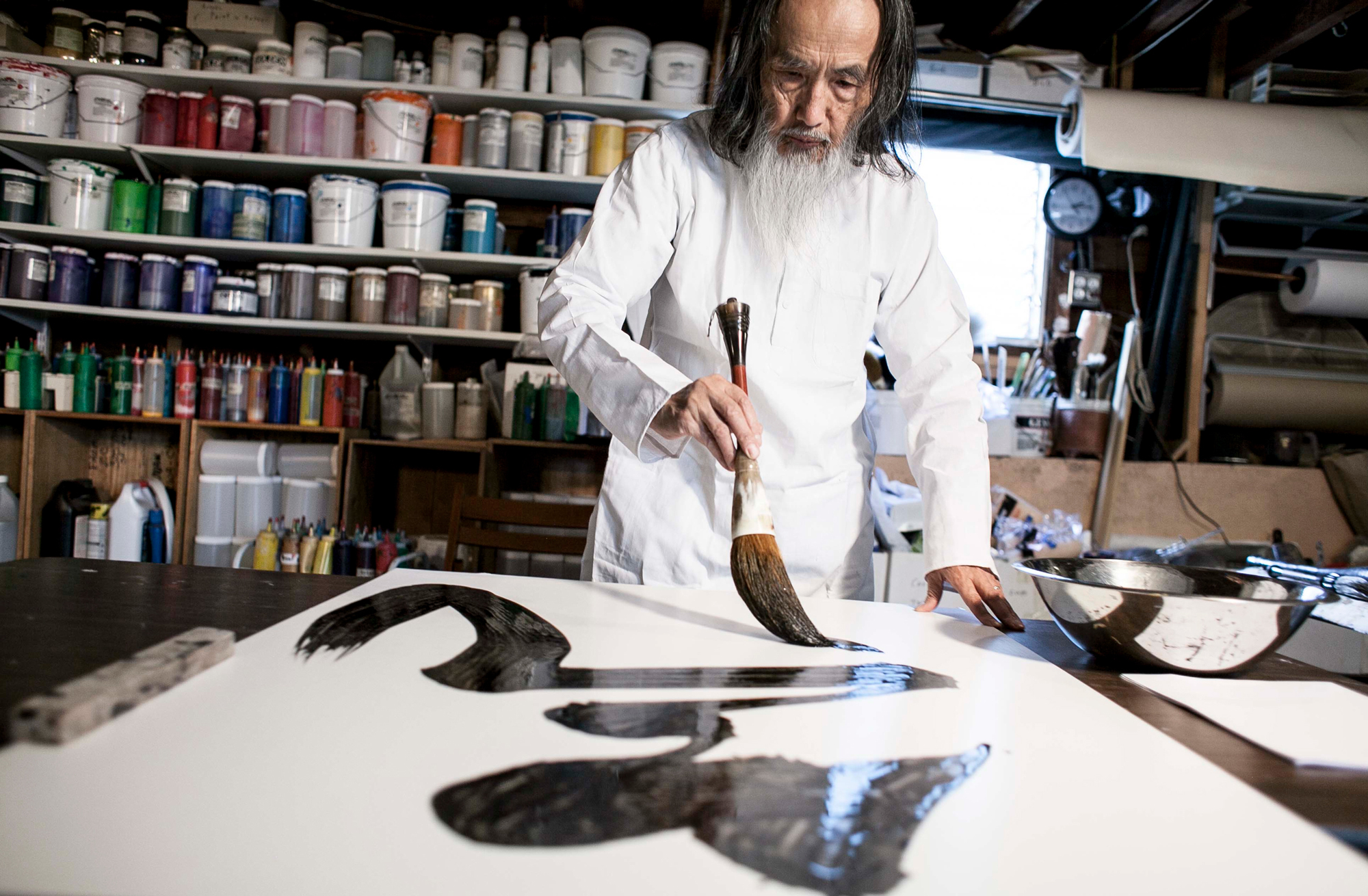
Photo from "Kazuaki Tanahashi" story by Unnikrishnan Raveendranathen
MOOWON: The Global Oneness Project focuses on diverse themes, from creativity to sustainability. How do you integrate the notions of vanishing and preservation and link them back to modern life?
Emmanuel: Especially over the last five years, we've placed a particular importance on telling stories of cultures that are vanishing with the hope that raising awareness could in some way contribute to their preservation. But also, just the act of documenting a culture, language or practices that are endangered is a responsibility I feel we have. I feel very drawn to and deeply saddened every time I learn of a culture that does disappear, and I feel that there is need for people to be aware of what is being lost.
We are so quick to throw away the past in our modern society and to move onto the latest and the greatest. Yet thousands of years of knowledge, understanding and experience have formed and informed these places and cultures, and there is so much that is relevant. And to think that we are going to throw away that relevance because we think we are better is a tremendous arrogance. There are incredible, practical things that we can learn from these places. Only now are people, on a broader and global scale, beginning to realize that traditional ecological knowledge from indigenous cultures may have value for how we deal with our environmental crisis.
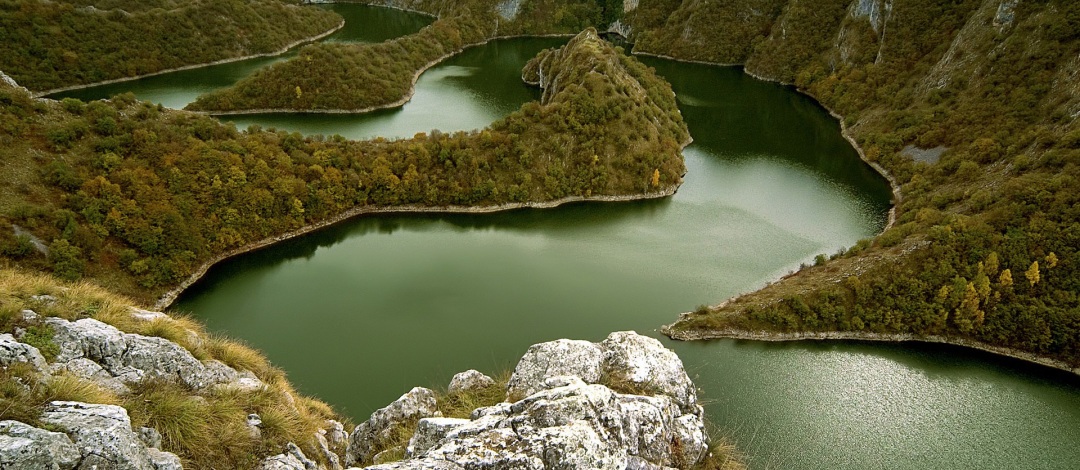
MOOWON: Would you agree that there is a noticeable shift which is happening on a global scale today, some form of collective awakening that will be instrumental in instigating change?
EMMANUEL: I do think there is a shift. There is definitely a deeper desire for these ideas to be out there and to have people engage with them in a more meaningful way. The younger generation's quest for what is meaningful is very palpable. I think that they have a deep desire to find meaning in their lives in the context of a world that does not make sense to them.
For many, the world is perceived as a vehicle of constant progress, growth and consumerism, and the only thing that matters is more money, more things. Yet at the same time that does not make sense to many people. Yet, neither does a religious or spiritual framework, nor spending 20 years in a monastery. They are trying to figure out where they fit in this world where that despite all the information available to them lacks meaning.
And yes, I do think a shift is starting to occur. But do I think that we are going to have some wonderful paradigm shift in the next 10 years, when, all of a sudden, things will drastically change…when everyone will be saying how we are all part of one global family, climate change will suddenly and miraculously be dealt with, and everyone will be driving solar-powered cars? No, I don't think that way at all. I think we are all headed toward a very tough century where adaptation to the new reality we live in on a physical level will be very tough, and tougher for some than others.
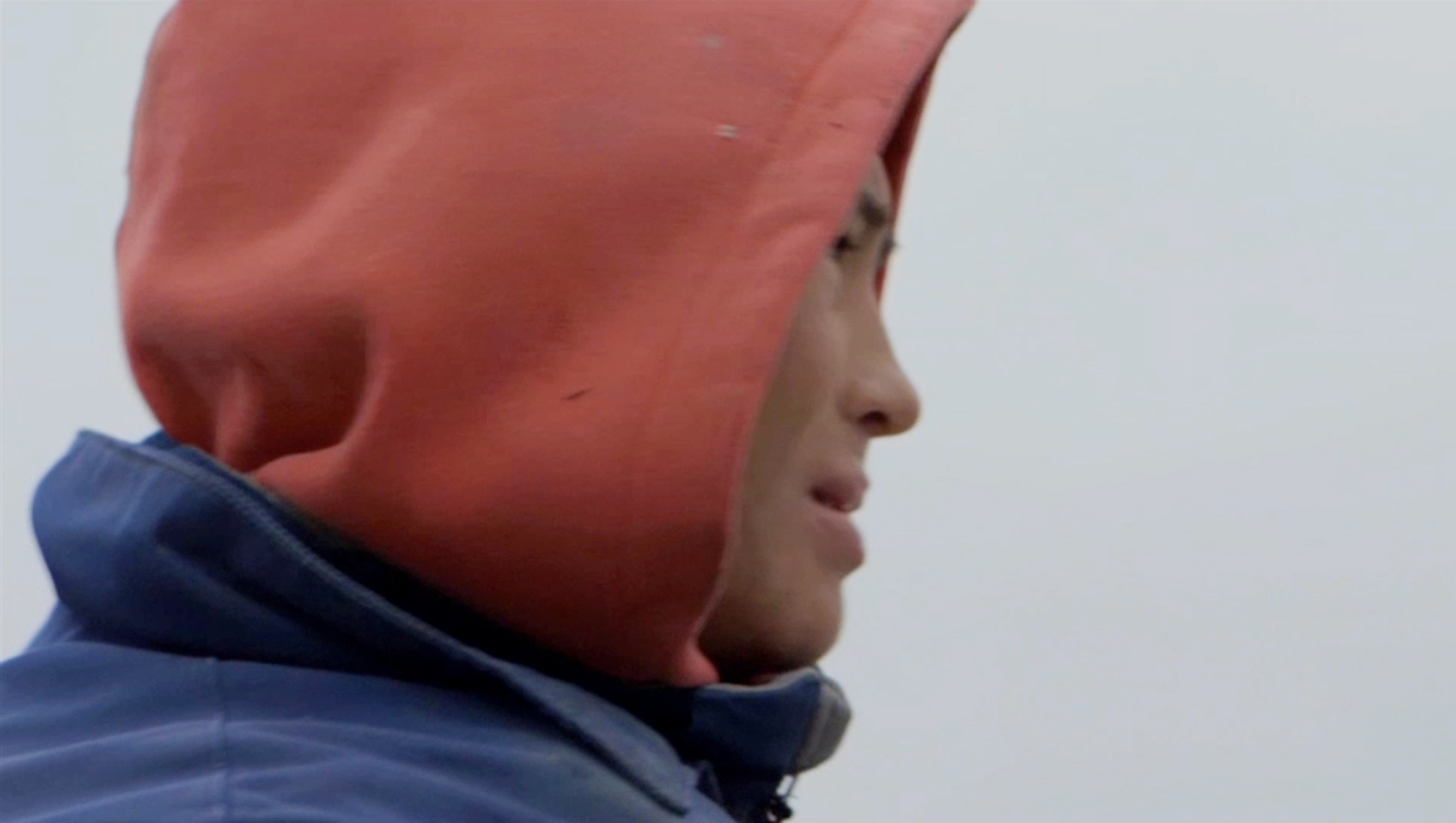
Still frame from film Yukon Kings by Emmanuel Vaughan-Lee
But I think there is a change, and that change is happening more rapidly. Ten years ago, when I started this project, people's understanding and interest in these subject matters were very different from what they are now. The conversations I can have with people in diverse contexts have changed. You could not go into a room and talk about "oneness" or "interconnectedness" with corporate executives at that time, but now in some cases you can.
I think my father, Llewellyn Vaughan-Lee, tapped into a tremendous vein with his work on the concept of "Spiritual Ecology." It was revealing to see how people were very eager to find connections between their understanding of the beauty of the natural world, what it gives to them, and the spiritual values and teachings that could deepen that to go beyond the ideas of "I love the wilds of nature" or "I want to save the environment."
All these things are going to be happening—climate change, mass migration and the likelihood of wars on a broader scale. It will be very interesting to see what happens in the next 10 to 20 years as things get much tougher environmentally, as the reality of our market-based system as we perceive it gets tested again and again. What happens if China's economy crumbles? At the same time, there is a movement of people saying there is a different way to respond, a different way to live. We do not want to respond in the way our parents' or grandparents' generation did. We are not interested in reliving the dualistic paradigm again and again. How those things come together will be the most interesting experiment we will have as a global species.

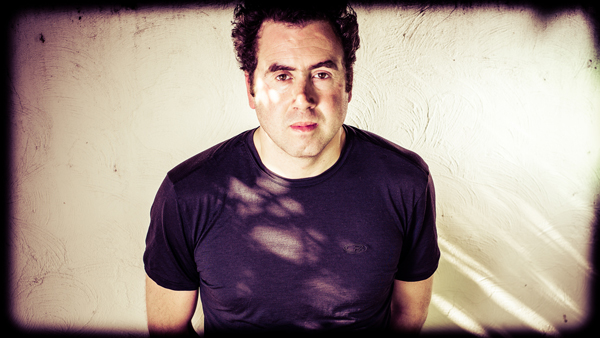
Emmanuel Vaughan-Lee is an award winning filmmaker, musician and composer. His work has been featured on National Geographic, PBS, The New York Times, The New Yorker, The Atlantic, Outside Magazine, Al Jazeera, exhibited at The Smithsonian and screened at festivals and theaters worldwide. He has directed numerous acclaimed films including Marie's Dictionary, Isle de Jean Charles, Yukon Kings, Elemental, Barrio de Paz and What Would it Look Like. He is the founder and executive director of The Global Oneness Project, a Webby Award winning educational multimedia platform. Prior to his work in film, Emmanuel performed with some of the biggest names in Jazz, as well as releasing two critically acclaimed records Previous Misconceptions and Borrowed Time. He lives in a small coastal town in Northern California with his wife and two children.



